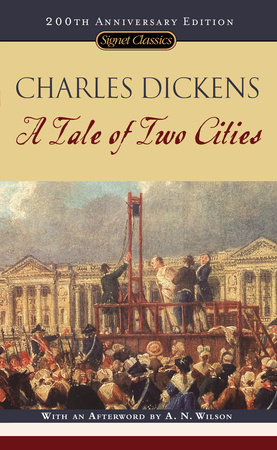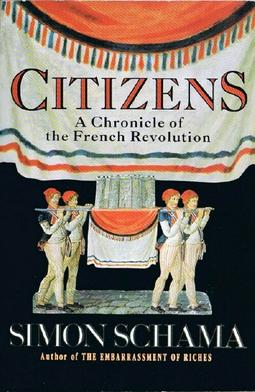The French Revolution which began in the summer of 1789 and continued in one form or another until the coronation of Napoleon in 1804 is one of those cataclysmic moments in history over which historians love to argue. In general, modern Europeans and leftists tend to treat it as a great movement for human liberation, while the English-speaking world and conservatives look at it with a jaundiced glance. Nowhere was this more evident than in the bicentenary celebrations of the Revolution in 1989. To Paris, in July of that year, came the leaders of the world to mark the fall of the Bastille prison which ignited the uprising whose consequences we still live with today.
To Paris, the leaders of other nations brought gifts and salutations, bowing before President François Mitterand and muttering words of admiration for the French example. Not so, Margaret Thatcher, the British Prime Minister. In an interview with the newspaper Le Monde she blithely reminded the world that Britain had not needed a revolution to establish democracy and that its free parliament existed well before 1789. French history held no lessons for the English.
For this boldness (or perhaps, rudeness) the French exacted revenge, putting Thatcher way down the receiving line behind obscure leaders of former French colonies and sitting her in the back row of the official photo.
But Mrs Thatcher wasn’t finished making her statement on the French Revolution — her parting gift to Mitterand was a beautifully bound edition of Charles Dickens’ A Tale of Two Cities, an account of the Revolution that was not at all complimentary to the revolutionaries, emphasizing their bloodiness and cruelty.

Equally disenchanted with 1789 was what I think is the best history of the Revolution to come out of those years, Citizens: A Chronicle of the French Revolution by Simon Schama. I am, by no means, a fan of Schama but for this book I will forgive him much. In a very readable style and with lavish illustrations, the book shows a dark side of the uprising and the cost it exacted on its opponents, supporters, and Europe as a whole.

On this, I’m with Thatcher.
Me too. I’ve never understood the French celebration of their ancestors’ breaking into an antique prison, butchering the guards, and liberating a few thieves and madmen.